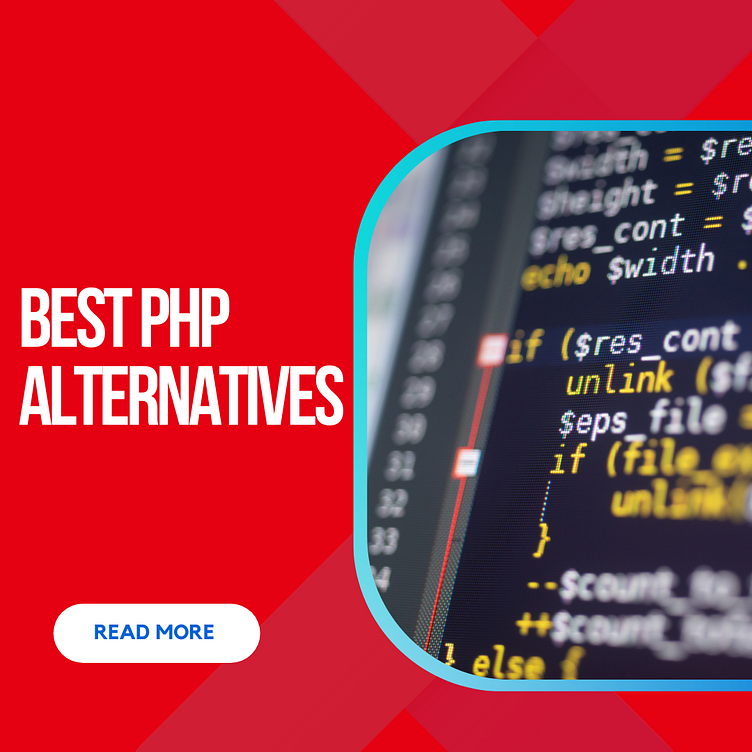Best PHP Alternatives:
When it comes to web development, PHP has long been a popular choice among developers. However, the ever-evolving landscape of technology offers a plethora of alternatives that cater to different needs and preferences. Whether it's for performance, scalability, or simply a desire to try something new, exploring alternative options to PHP can be beneficial. Here, we delve into some of the best alternatives to PHP for web development:
Node.js: Known for its non-blocking, event-driven architecture, Node.js has gained significant popularity in recent years. It allows developers to build fast and scalable network applications using JavaScript, both on the server-side and client-side. Its extensive package ecosystem, provided by npm (Node Package Manager), makes it a versatile choice for various web development projects.
Python with Django or Flask: Python's simplicity and readability make it a favorite among developers. Django and Flask are two popular web frameworks for Python, offering different approaches to web development. Django provides a full-stack framework with built-in features like authentication, ORM (Object-Relational Mapping), and admin panels, making it suitable for complex, large-scale applications. On the other hand, Flask is a lightweight micro-framework that allows developers to have more flexibility and control over their projects.
Ruby on Rails: Ruby on Rails, often referred to as Rails, is a robust web application framework built on the Ruby programming language. It follows the convention over configuration (CoC) principle, emphasizing productivity and simplicity. Rails comes with a set of built-in tools and conventions that accelerate the development process, making it an excellent choice for building web applications quickly.
Go (Golang): Developed by Google, Go is a statically typed, compiled programming language designed for simplicity and efficiency. It offers built-in support for concurrency and scalability, making it suitable for building high-performance web applications. With its fast compilation times and straightforward syntax, Go is gaining popularity among developers looking for a modern alternative to traditional server-side languages.
Java with Spring Boot: Java remains one of the most widely used programming languages, particularly in enterprise-level web development. Spring Boot, a popular Java framework, simplifies the process of building production-ready web applications. It provides a comprehensive ecosystem of libraries and tools for various tasks, including web development, data access, and security.
React.js and Angular: While not full-fledged backend alternatives to PHP, React.js and Angular are powerful front-end frameworks for building interactive user interfaces. React.js, developed by Facebook, emphasizes component-based UI development, while Angular, developed by Google, offers a comprehensive solution for building complex web applications. When combined with backend technologies like Node.js or Python, they form a robust stack for full-stack web development.
In conclusion, while PHP remains a reliable choice for web development, exploring alternative technologies can open up new possibilities and enhance the development experience. Whether it's for performance, scalability, or simply to explore new paradigms, the options mentioned above offer compelling alternatives to consider for your next web development project.
